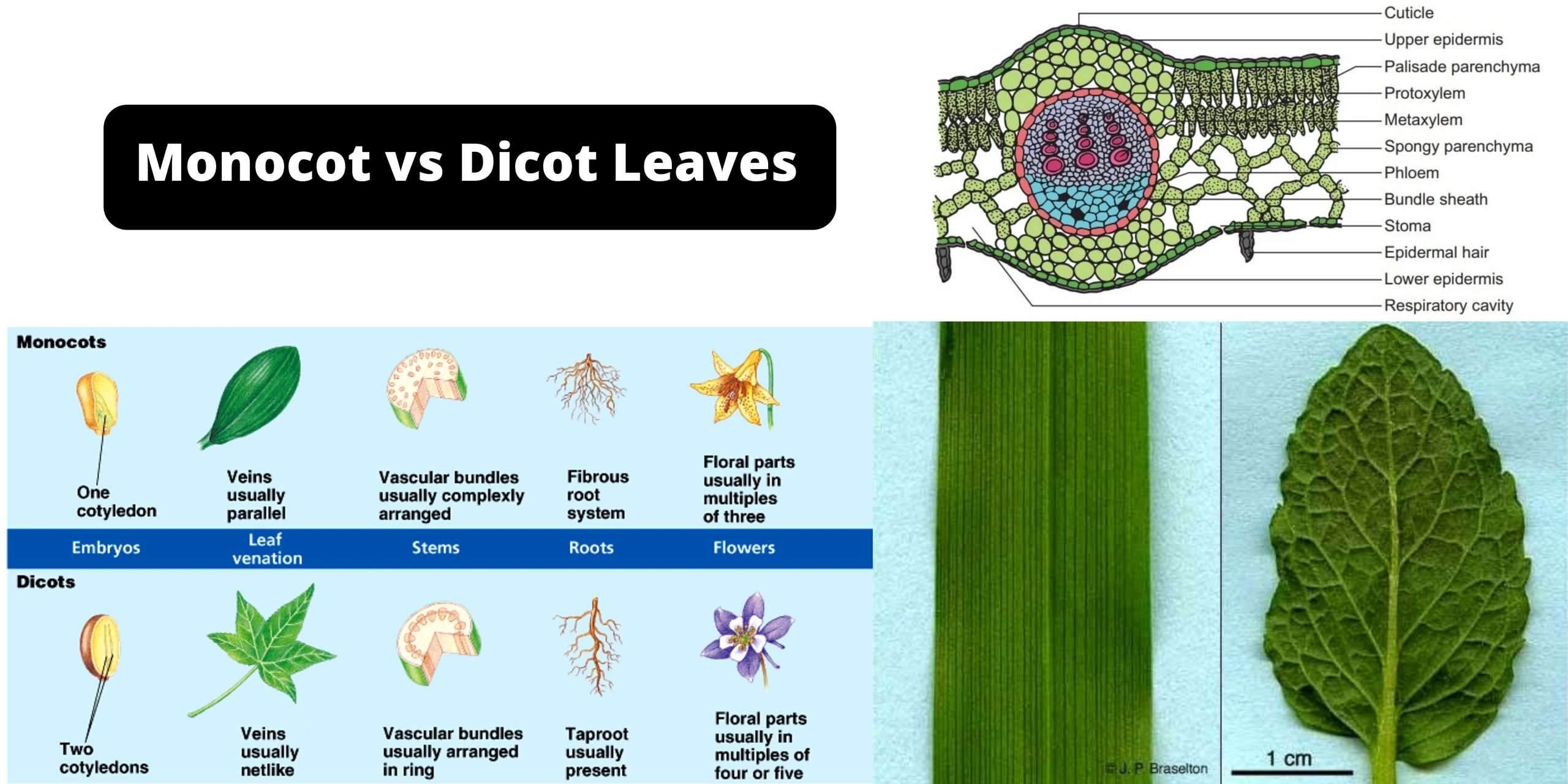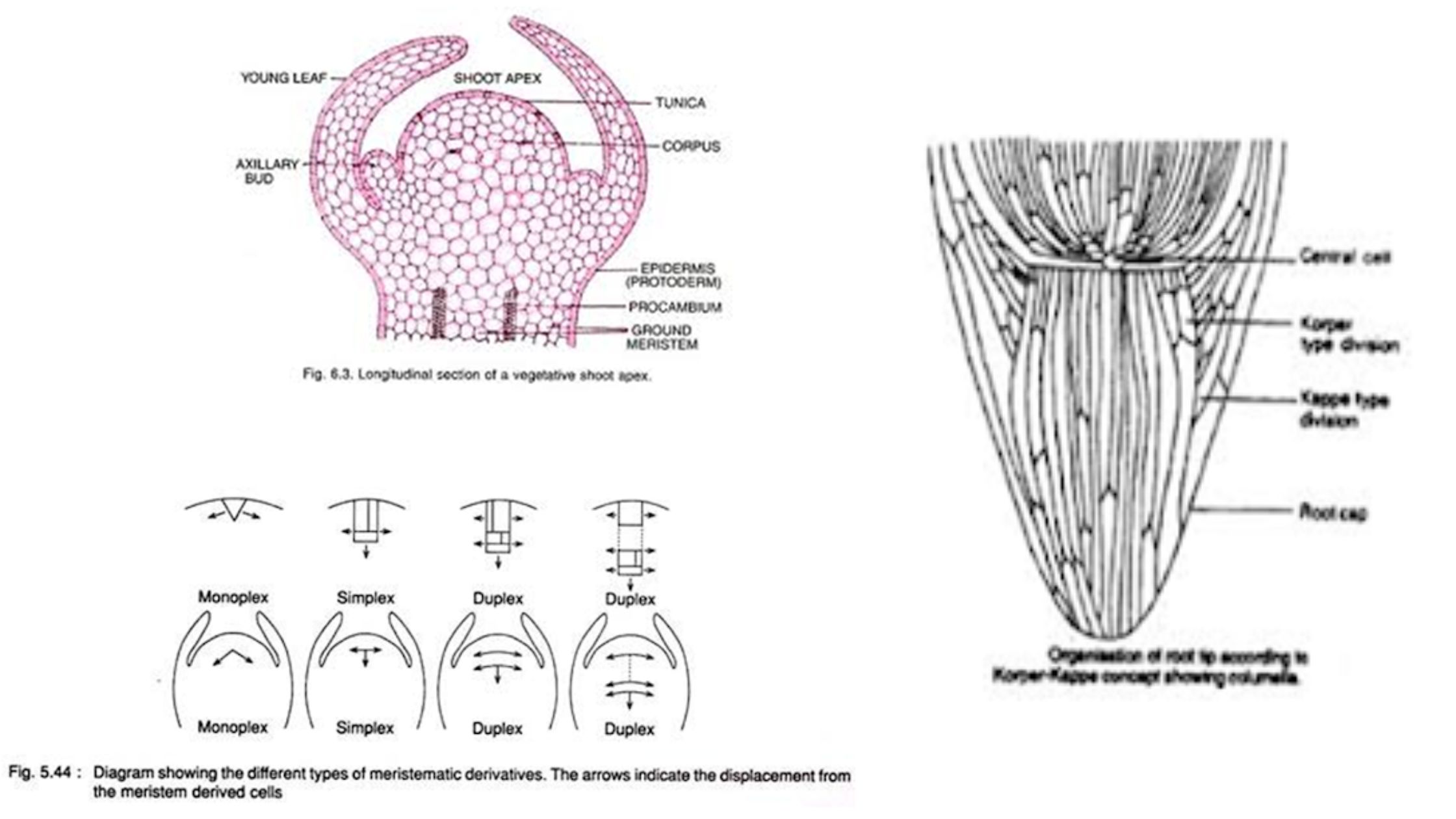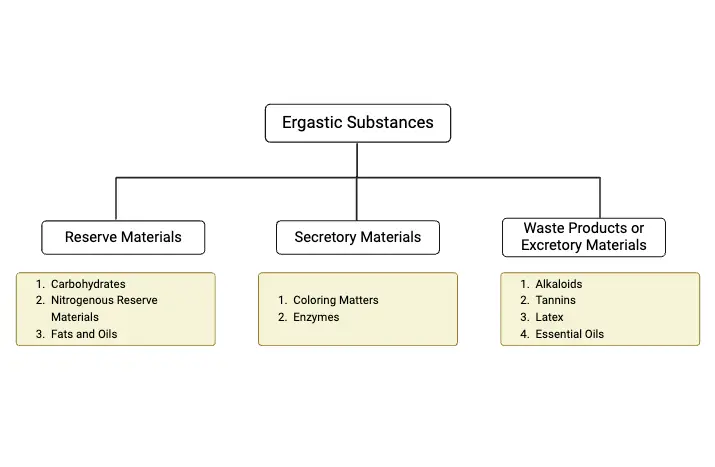Kranz Anatomy – Definition, Characteristics, Advantages
What is Kranz Anatomy? Kranz Anatomy in C4 Plants Kranz anatomy represents a unique structural adaptation in the leaves of C4 plants, specifically designed to enhance the efficiency of photosynthesis in challenging environmental conditions, such as high temperatures and aridity. This specialized arrangement allows these plants to concentrate carbon dioxide (CO₂) around the enzyme ribulose … Read more









